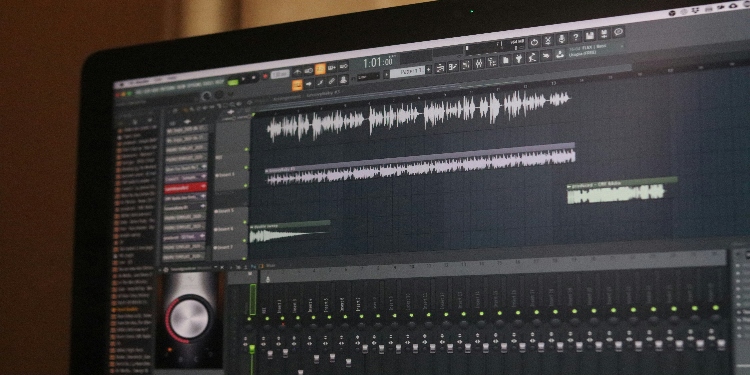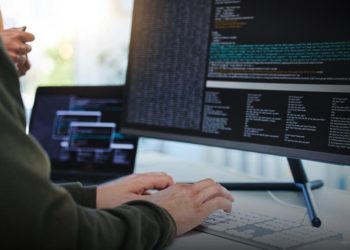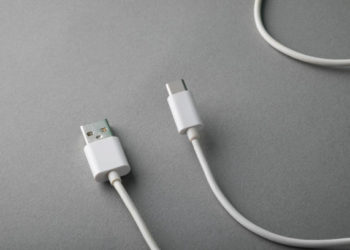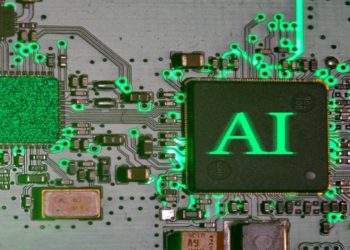Electronic dance music (EDM) has always thrived on innovation. But nowadays, artificial intelligence (AI) is changing the way things are done and improving the way EDM is done. It doesn’t mean AI tools will replace artists, but they will help. In this article, we’ll explore how AI is reshaping EDM, and taking a few minutes to learn about it now could be your next big advantage.
AI-Generated Beats and Melodies
One of the coolest things about AI in EDM is how it can help generate beats and melodies. Tools like AIVA, Soundraw, and Magenta Studio (Google’s AI music project) can suggest rhythms, chord progressions, and basslines for genres like House, Techno, and Dubstep.
One of the coolest things about AI in EDM is how it can help generate beats and melodies. Tools like AIVA, Soundraw, and Magenta Studio (Google’s AI music project) can suggest rhythms, chord progressions, and basslines for genres like House, Techno, and Dubstep. And Minimax Music uses deep learning to understand the rhythm and style of a reference song you upload. Then, you just input some lyrics, and it creates a brand-new track, fitting the vibe you want.
Even if you’re stuck, AI can offer endless ideas. Instead of sitting there wondering what to write, you can get a beat, melody, or bassline to build on instantly. It’s like having a songwriting buddy who never gets tired.
Inspiring New Sounds
Beyond basic beats, AI can even help design entirely new sounds. Synplant 2 and Orb Producer Suite are AI-powered synths that generate evolving textures you might never think of manually. And with projects like OpenAI’s Jukebox, neural networks can create original EDM-style sounds that blend genres and moods.
These tools don’t just copy what’s been done—they inspire producers to explore uncharted territory.
Smarter Mixing and Mastering
Getting a song to sound clean and professional used to take years of practice. Now, AI can speed that up.
Platforms like LANDR, iZotope Neutron, and eMastered use AI to automate key parts of the mixing and mastering process. They can balance loudness, EQ different elements, and even compress tracks with just a few clicks.
Pros:
- It saves a ton of time.
- It gives beginners access to near-professional results.
- It frees up creative energy for making music, not tweaking settings for hours.
Cons:
- It might not replace a top human engineer just yet, especially if you want a super customized or emotional touch.
Still, for many EDM artists, AI offers a quick and reliable way to polish tracks without getting bogged down in technical details.
AI in Vocal Processing and Remixing
Vocals are a huge part of modern EDM, and AI is a powerful tool here too. Tools like LALAL.AI and Kits.AI can extract vocals or instrumentals from a full song, helping you make remixes or bootlegs quickly.
Need to tune vocals or create harmonies? AI can handle that as well, letting you focus more on the vibe and less on the tedious editing.
For remixers, being able to isolate stems (like just the vocals or drums) opens up endless creative options. No need to hunt down official acapellas anymore—AI audio tools make it fast and easy.
AI for DJs and Live Performances
AI isn’t just changing production—it’s also showing up on stage.
Apps like Algoriddim’s Neural Mix and Mixed In Key use AI for real-time stem separation, key detection, and tempo matching. DJs can now pull vocals out of a song live or mix two tracks with perfect harmony without needing to memorize every detail.
Will AI Replace DJs?
Not really.
AI can enhance a DJ’s creativity, but it can’t replace the human connection a DJ has with a live crowd. Reading the room, feeling the energy, and building an emotional journey through music—that’s still something uniquely human.
AI can be an awesome sidekick, though, helping DJs remix on the fly and giving them more freedom to experiment during shows.
Final Thoughts
AI is helping EDM producers break through creative blocks, produce music faster, and unlock new sounds that were once unimaginable. Whether it’s suggesting a bassline, polishing a mix, or helping remix a classic, AI makes the process smoother and more fun.
But it also raises big questions.
As AI gets better, what will the role of the human artist be? Will EDM become even more experimental? Or will the best music still come from that special mix of human emotion and machine precision?
One thing’s for sure: the future of EDM will be shaped by those who are willing to embrace both technology and creativity.













































































